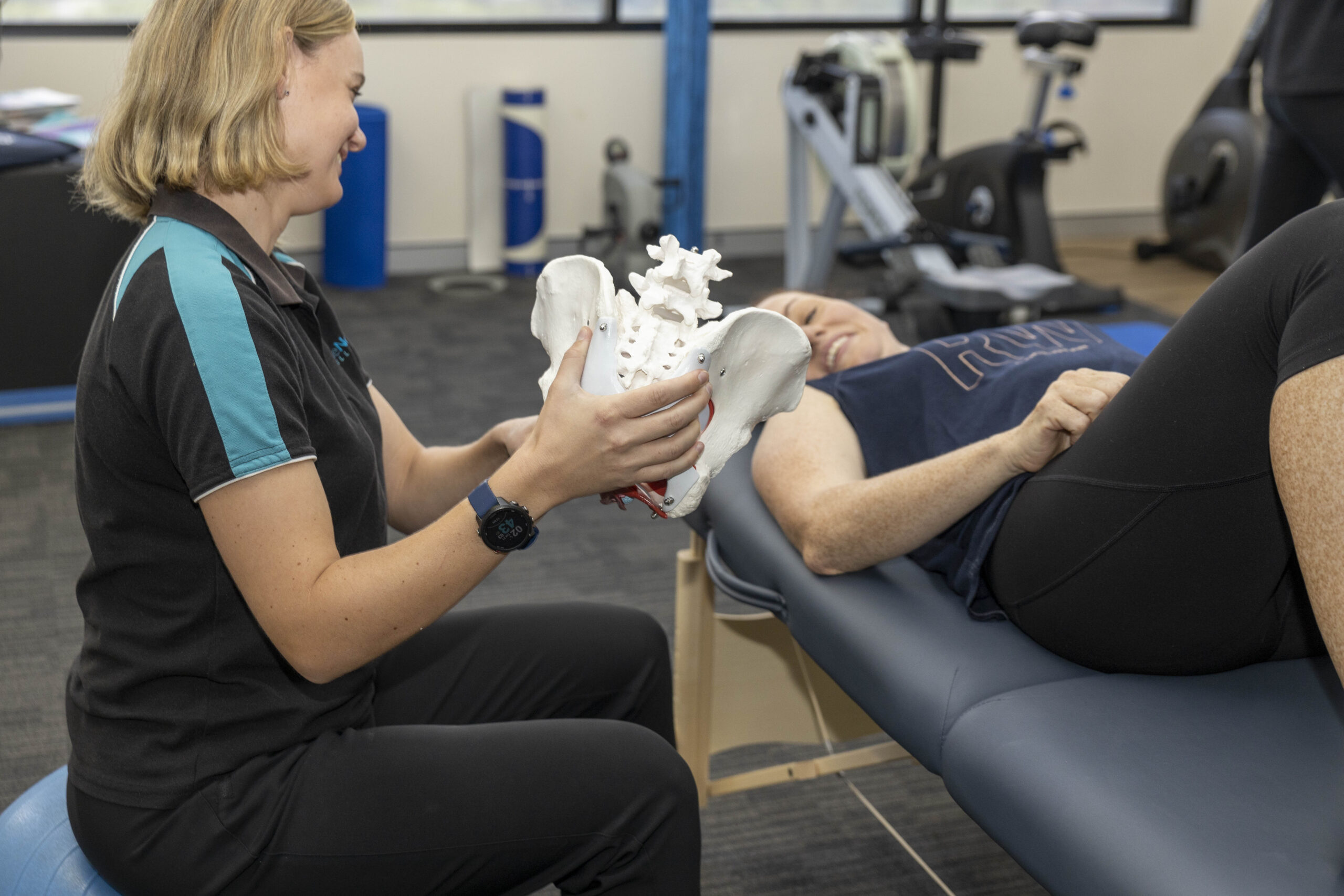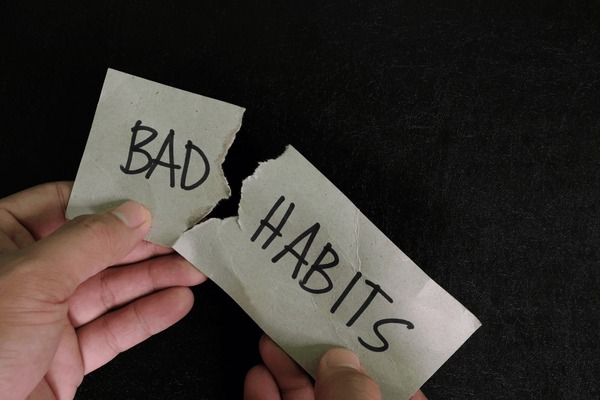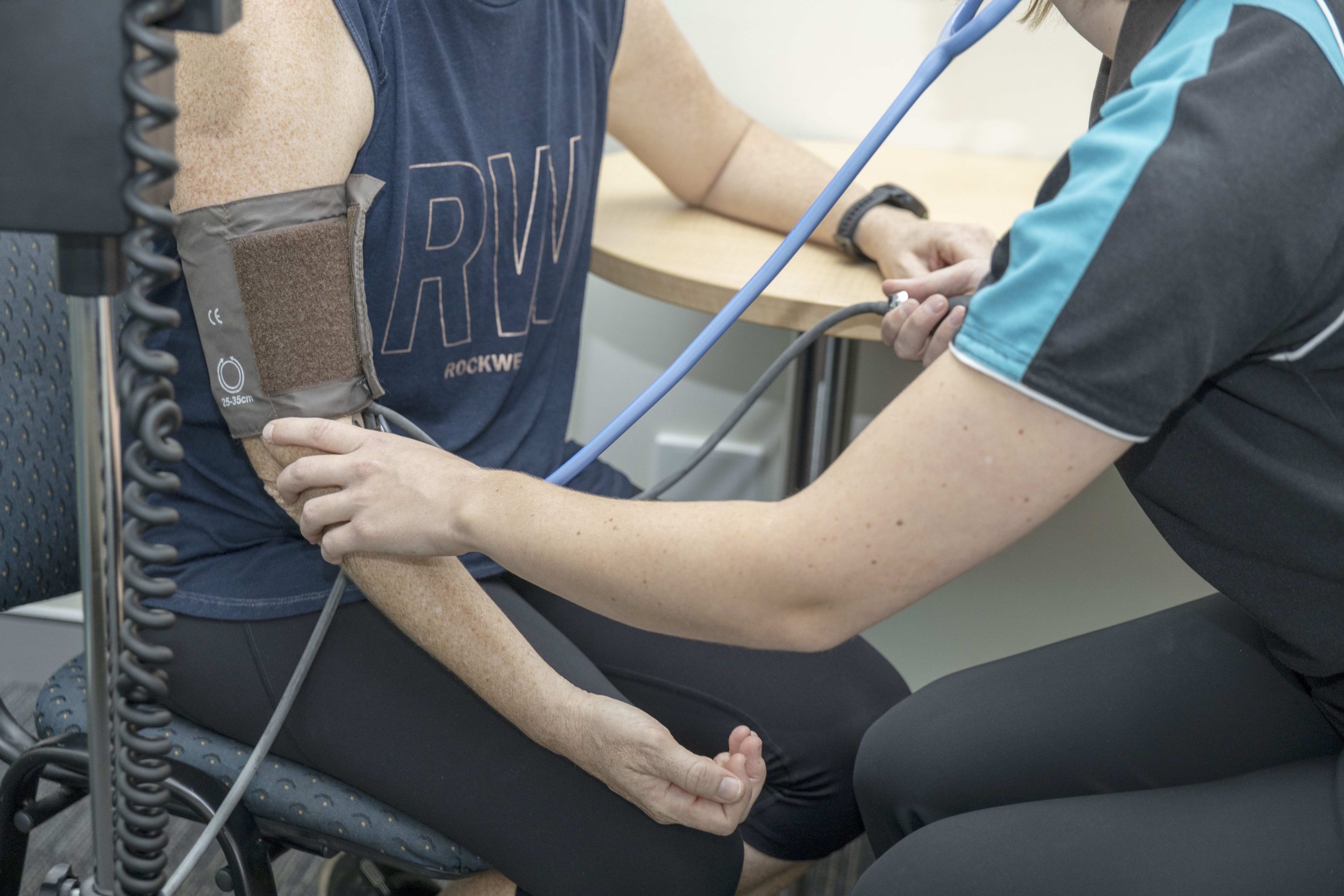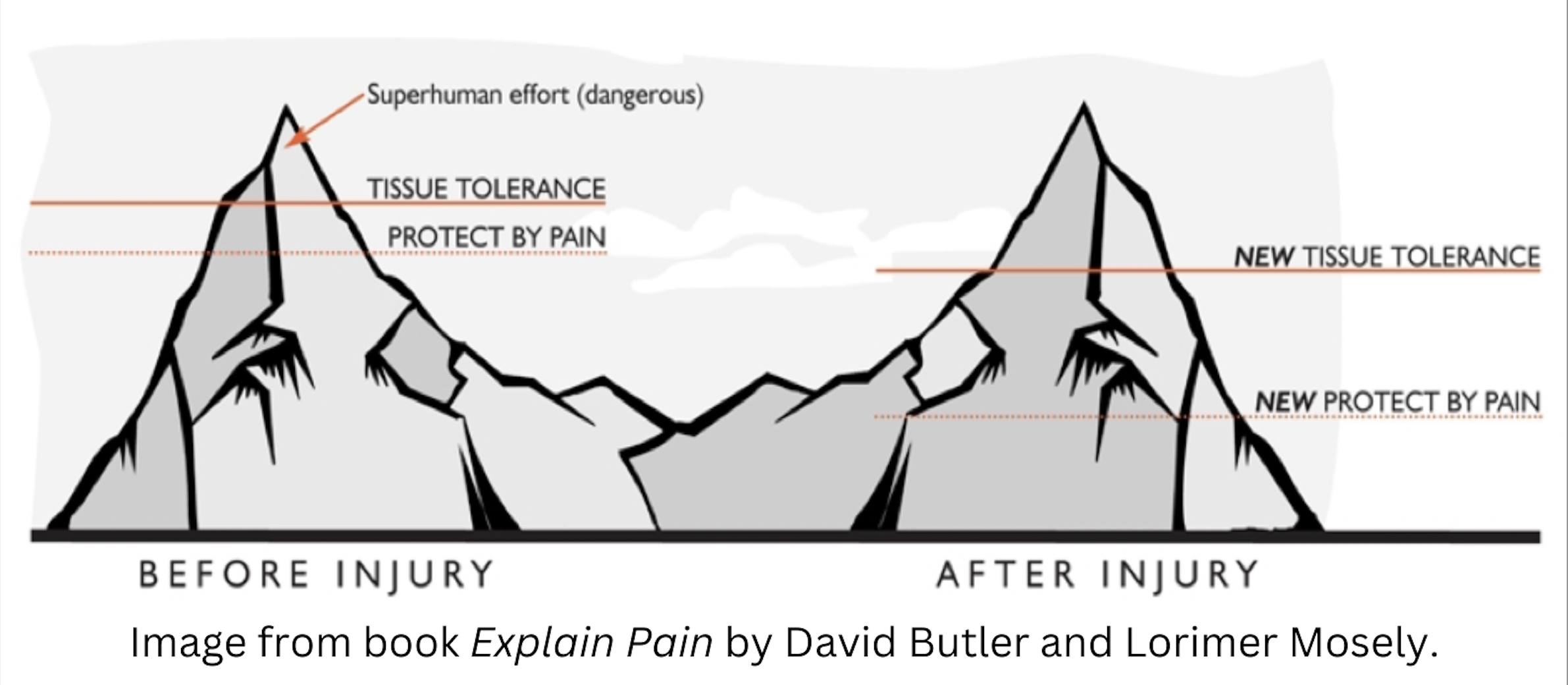Breast Cancer and Exercise Therapy
Breast cancer is the most diagnosed cancer, with one in eight women diagnosed in Australia. While advancements in treatment have significantly improved survival rates, many individuals face ongoing challenges related to fatigue, reduced strength, mental health impacts and overall quality of life. Exercise has widely been recognised as a powerful tool in cancer care, offering benefits that have led to it being advocated as a standard part of cancer care. Let’s dive into the evidence-based recommendations.









